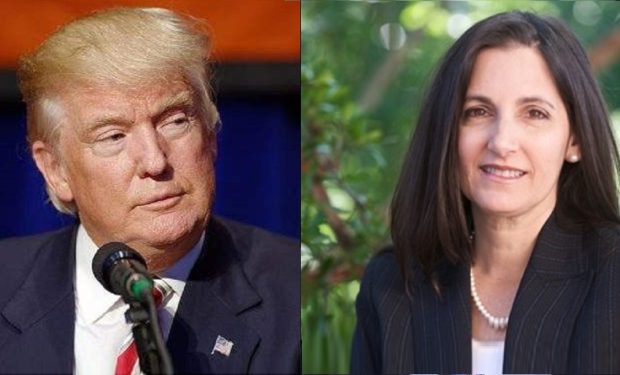Special Counsel Jack Smith’s team filed a motion in limine Wednesday with the DC District Court in the election subversion case against Donald Trump, despite the fact that there is a pause in the case pending appeal on Trump’s claim that he is immune from criminal prosecution.
The Special Counsel’s latest motion is largely concerned with which evidence a jury will be permitted to hear in the case. It seeks to disallow Trump’s team from pursuing strategies that would undermine the integrity of the trial by distracting the jury with matters not relevant to establishing the former President’s innocence of guilt strictly on the charges brought against him.
The Special Counsel tells the court: “The Court should not permit the defendant to turn the courtroom into a forum in which he propagates irrelevant disinformation.”
The prosecution warns that “although the Court can recognize these efforts for what they are and disregard them, the jury—if subjected to them—may not.”
Former U.S. Attorney Joyce Vance explains that, while defendants are customarily afforded wide latitude in presenting evidence in their defense, there are limits to what’s allowable. Vance writes: “Defendants can’t offer evidence that is designed to suggest to the jury, ‘even if you think I’m guilty, you should vote to acquit me anyway.’”
Evidence that Special Counsel clearly believes falls into the latter category are claims that the prosecution is politically motivated (a “vindictive prosecution”) or that its timing is designed to interfere with the defendant’s current campaign for President.
“None of these issues goes to the defendant’s guilt or innocence; all of them should be excluded,” the Special Counsel’s motion asserts.
3/Given that context, prosecutors & courts are usually fairly permissive when it comes to evidence a defendant wants to offer. But there’s a clear line. Defendants can’t offer evidence that is designed to suggest to the jury, “even if you think I’m guilty, you should vote to…
— Joyce Alene (@JoyceWhiteVance) December 28, 2023
Vance explains that this kind of evidence, addressing matters that fall outside the specific charges can, if permitted, lead to what’s known as “jury nullification.”
Any prosecutor armed with evidence that would — in a straightforward proceeding — surely lead to conviction must guard against this threat of jury nullification, which occurs, according to the Department of Justice, “when jurors, based on their own sense of justice, refuse to follow the law and acquit a defendant even when the evidence presented seems to point to an incontrovertible verdict of guilty.”
The prevention of jury nullification triggered by the defense’s presentation of irrelevant evidence is at the heart of the Special Counsel’s most recent motion.
Another matter is this: Any restrictions on permissible evidence that Judge Chutkan determines — if the case goes forward after appeal — still come with practical limitations, since courtroom rules retain strength only if they are followed.
One commenter considering the situation expresses the real world concern that since the jury is composed of human beings, however often they are told to disregard something that should not — technically — have been brought up in court, they still hear it and it likely affects their judgment.
Joyce, how do they stop him from doing this? In the civil trial his attorneys were told not to say or do things but did them anyway. They were just like, oops we goofed. But the jury heard it nonetheless.
—JadeForestPanda
(@LizHaynes19) December 28, 2023
